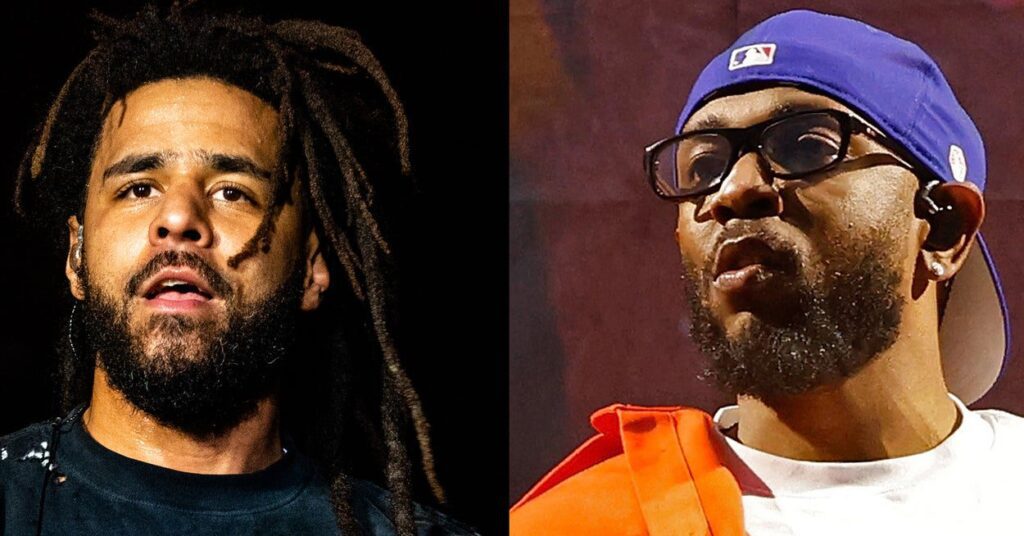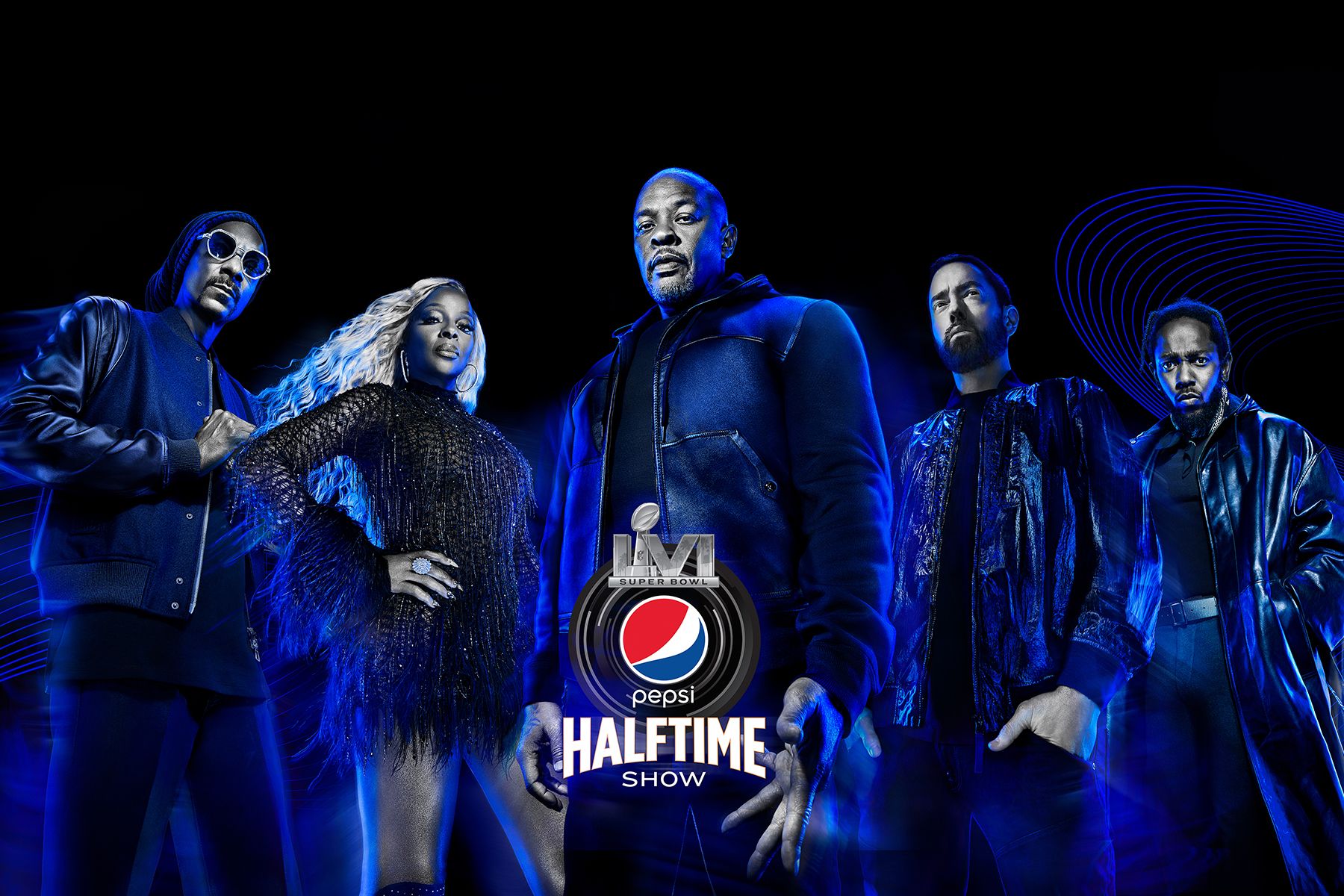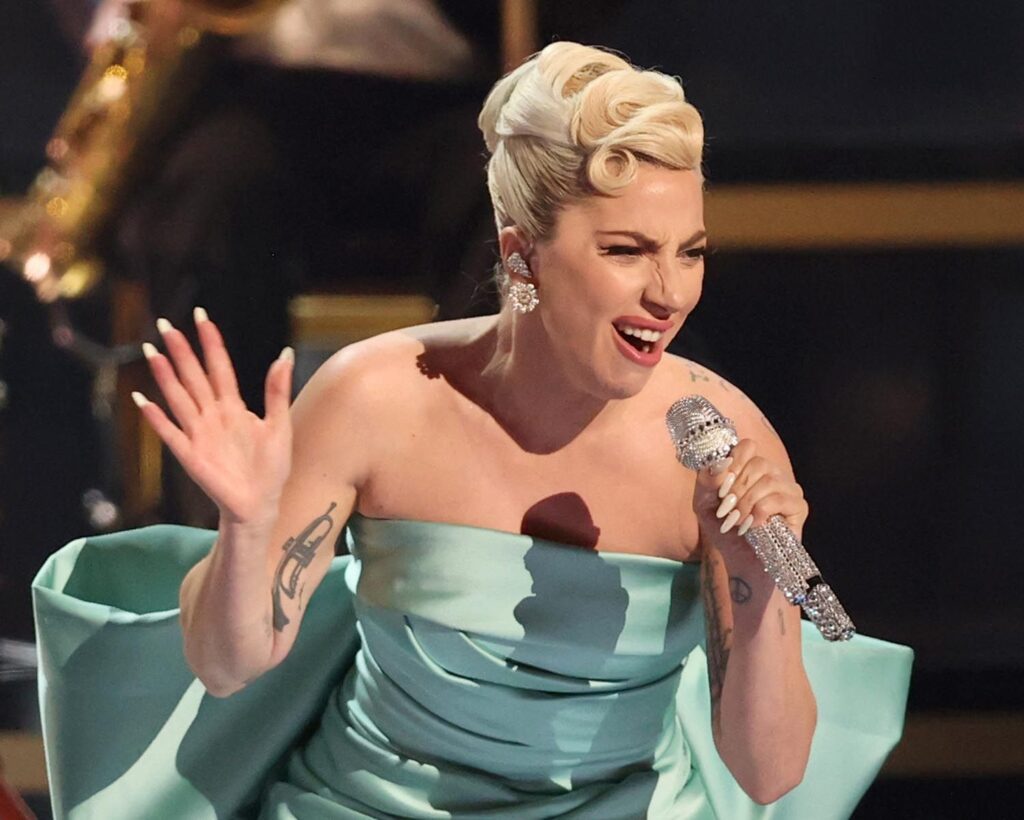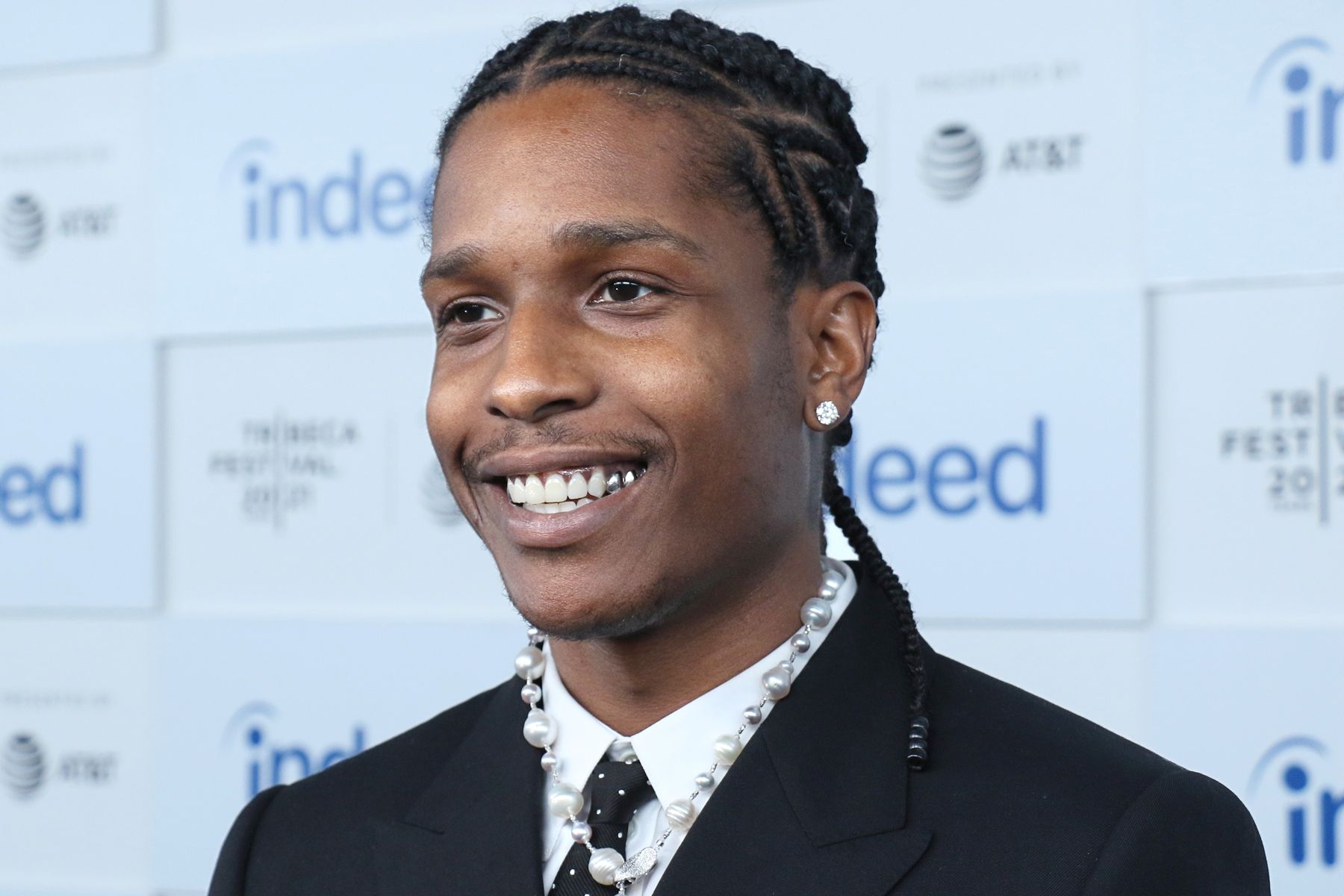
J. Cole vs. Kendrick Lamar: Who Won Round 1?
The Bars:
Quote as many fart bars as you want, but J. Cole can spit. Since breaking out 15 years ago, he’s regularly justified his reputation as one of rap’s most reliably electric technicians, and for the most part, he lives up to that status with “7 Minute Drill.” He takes a page out of Hov’s rhymebook to snipe Kendrick’s career trajectory, “Takeover” style: “Your first shit was classic, your last shit was tragic/Your second shit put niggas to sleep, but they gassed it.” Elsewhere, he makes fun of Kendrick’s reclusive tendencies while suggesting he’s being a clout-chaser by dropping a diss song: “He averaging one hard verse like every 30 months or somethin’/ If he wasn’t dissin’, then we wouldn’t be discussing’ him.”
Fans were quick to argue that Jermaine’s catalog doesn’t stack up to Kendrick’s, and they were even quicker to note the hypocrisy of Cole calling anyone boring. But this is battle rap. Facts aren’t as important as audacity, the power of suggestion, and plausibility. And there are actually some layers of truth to what Cole says. TPAB polarized fans after its release, and in recent weeks, plenty of people have spoken out about TPAB being an “Obama Era” LP that was praised more for its premise than any true innovation. Whatever. TPAB was a great album. But the narrative that it’s overhyped continues to permeate the continuum of rap discourse, and Cole played to that idea while re-igniting the discussion.
Similarly, Mr. Morale & The Big Steppers was one of Kendrick’s least commercially successful LPs, and he famously only pops out for guest verses once every three millennia—err, few years, as J. Cole says. And before “Like That,” when’s the last time Kendrick was a trending topic? Feel how you want, but Cole’s quips are succinct while being about as accurate as any other diss bar you can find in these sorts of battles. In other words, points were made, and they folded into one another with precise syntax that made them easy to quote.
All of that said, Cole saps some of his own power by repeatedly complimenting Kendrick. Even with his most potent barbs, Cole admits that Kendrick’s got at least one “classic” album, and that he was, at least at one point, “trailing right behind” the Compton rapper. In a battle suited for barbarity, this was a polite suggestion rather than a forceful rebuttal. He was saying, “Could you please try to be a little quieter?” But when fans wanted, “Shut the fuck up!” Considering the nature of Kendrick’s verse, though, the approach makes some sense, even if it doesn’t exactly help J. Cole’s odds in the battle.
On “Like That,” Kendrick aimed most of his venom at Drake, and whatever quips were directed at Cole felt more like good old fashioned rap competition than anything personal. Whereas Cole operated in specifics, Kendrick dove headfirst into abstractions, extending the metaphor that Cole and Drake began with “First Person Shooter”: If the would-be rap GOATs are bringing out the big guns, they better have “three switches” or risking having all their dogs put in a “pet cemetery.” His verse peaks when he raps, “Motherfuck the Big 3, nigga, it’s just big me,” a direct reference to Cole invoking the Big 3 title in “First Person Shooter.”
Ultimately, these two disses serve different functions. Kendrick’s was an announcement, and it was more about intention than surgical takedowns. He didn’t outright say it in the song, but Kendrick’s verse was a warning shot to Cole. While Cole responded with a more exacting approach, he undercut himself by conceding Kendrick’s success and generally being the nice, reasonable guy he usually is. Kendrick’s bars were less specific, but they were also less conflicted. Cole’s bars might have been sharper, and he may have had more of them, but Kendrick’s are more decisive, leaving this one as a stalemate.
Who has the edge here? It’s a draw



